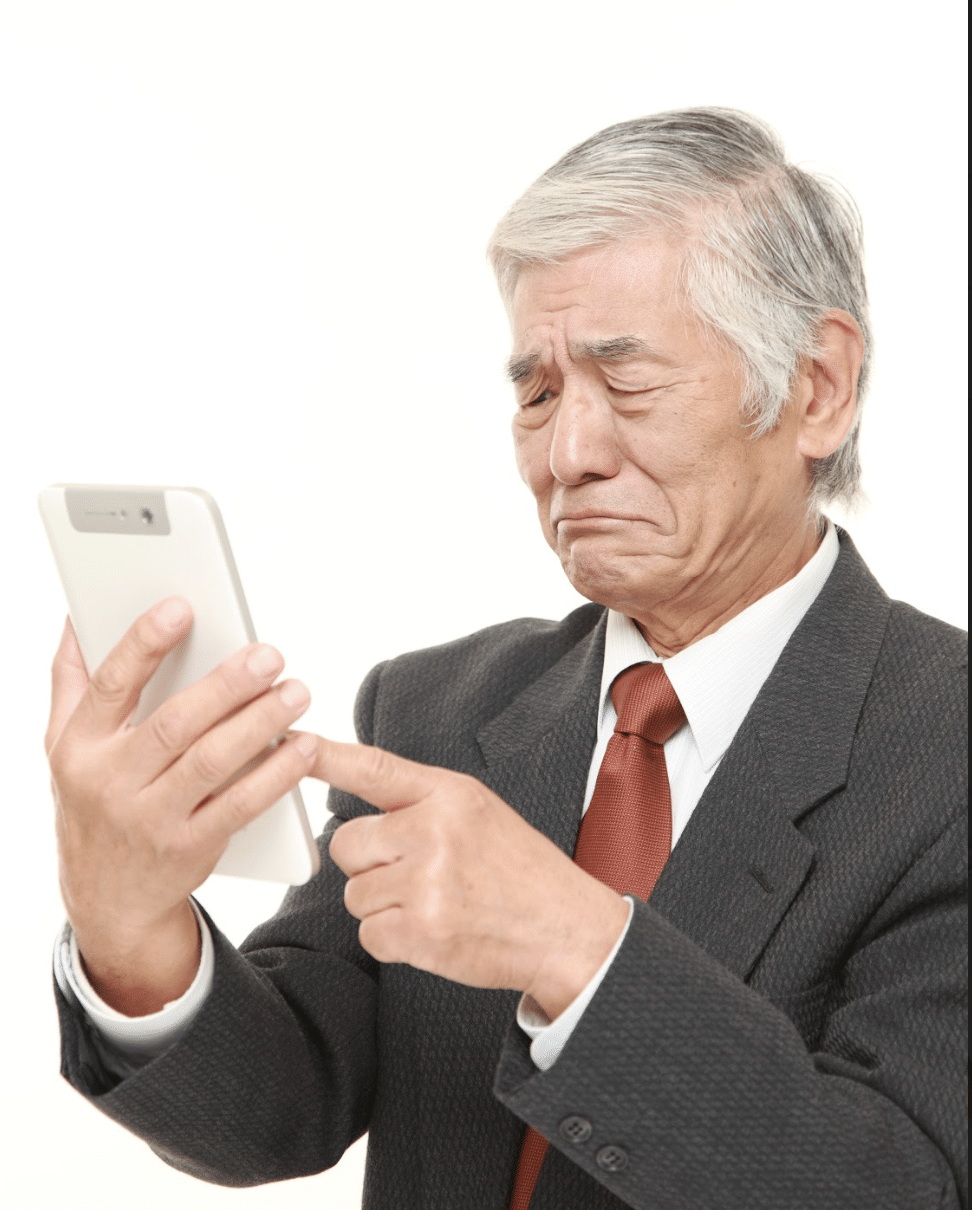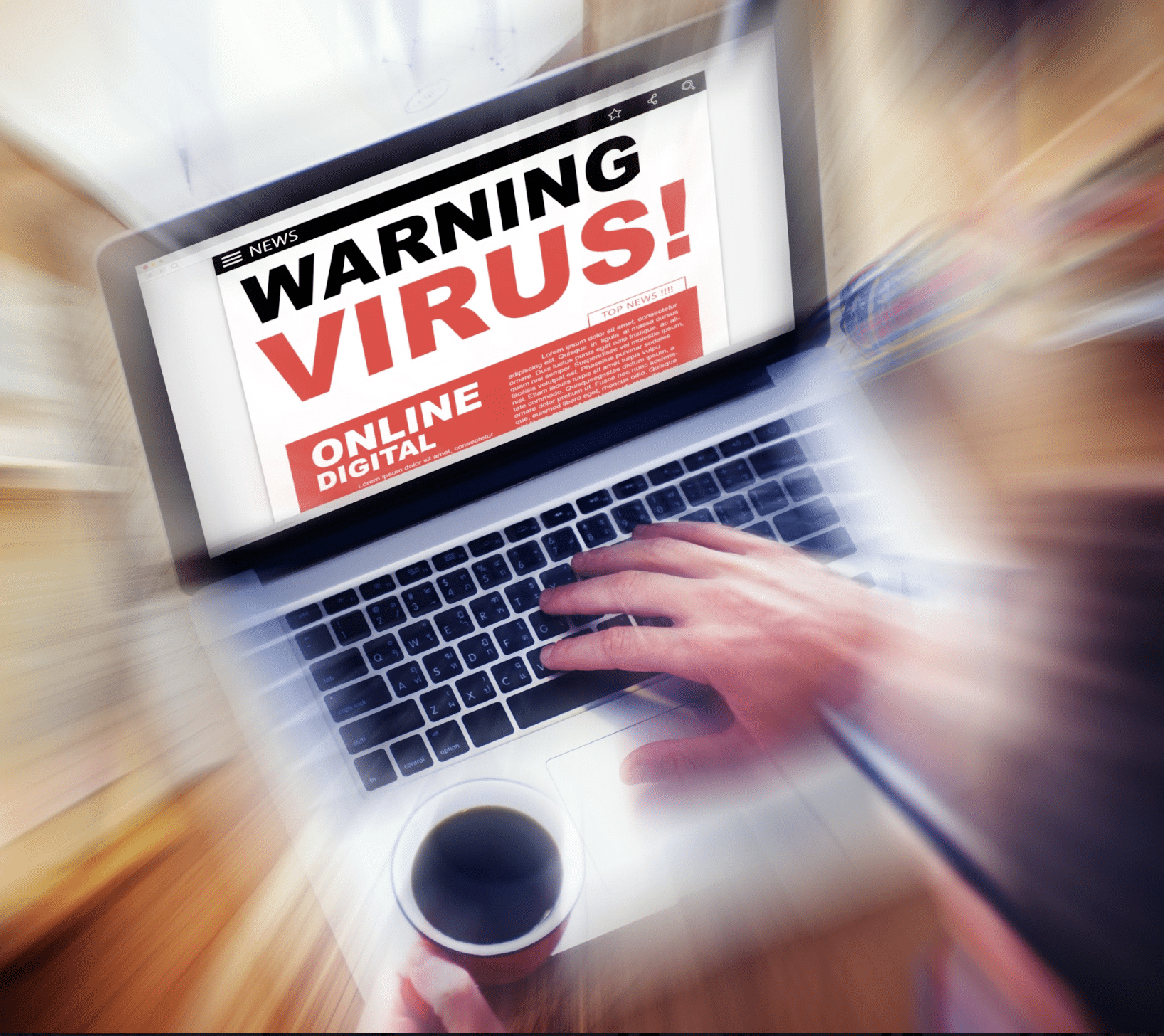Hackers Have Easier Access to EHRs Than Patients
Eric Topol and Kathryn Haun put up the case for holding medical data in personal clouds or  electronic digital wallets, helping patients and getting rid of centralized targets for cyber crooks.
electronic digital wallets, helping patients and getting rid of centralized targets for cyber crooks.
In a recent New York Times opinion piece Eric Topol, MD and Kathryn Haun, a federal prosecutor were critical of on the reality that a great number of patients still find it difficult to easily gain access to their patient’s health data, even while there’s an outbreak of cybercriminals and intruders hacking and taking this secret personal information.
The worth of health information to cybercriminals is well-established — as the industry’s oft-lagging security strategies are making it a trouble-free job for dangerous actors to gain easy access to it. When an incredible number of patients’ health records are collected jointly in a massive central databases, as soon as it is breached it would generate a trove of information.
Even though it’s turning out to be increasingly hard to fight this challenge with the use of traditional ways of enforcement and deterrence, there are actually a number of approaches that might help out — particularly disaggregation of data storage.
By making it possible for patient data to be held in individual or family units as opposed to centralized databases, every single patient would have medical data in a personal cloud or a digital wallet making it possible for them to share data with family members and also clinicians in the ways they think acceptable. Up-and-coming tech like blockchain, with its tamper-proof encrypted system, provides one great way to make possible that approach.
They also talked about a number of EHR vendors observing that their enterprise great outcomes and success is thanks in some measure to an old paternalistic model where information is generated and owned by physicians and hospitals. We suggest that all the businesses should closely follow the digital marketing trends in order to avoid any digital drawbacks.
Finally they demand a whole new approach: Giving consumers’ power over their personal medical information would definitely transform who owns medical information and how it is put to use.
